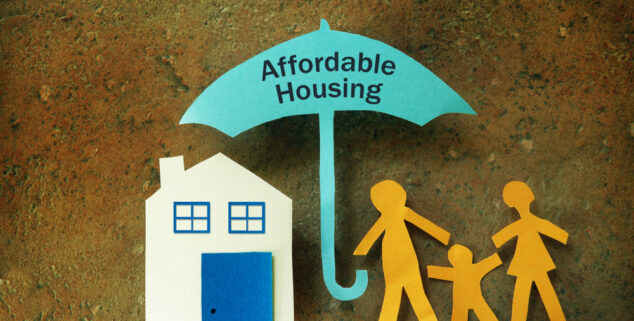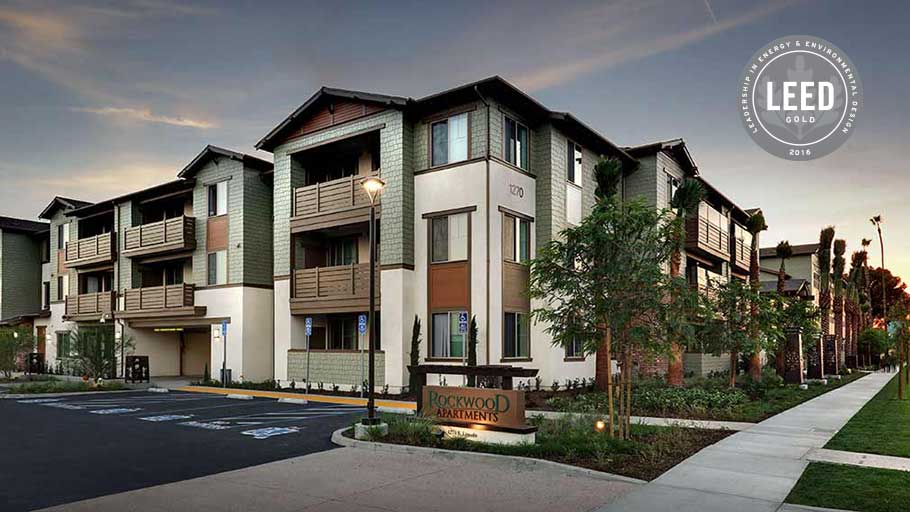Your Guide to Affordable Homeownership: A Step-by-Step Guide for New Homebuyers
Your Guide to Affordable Homeownership: A Step-by-Step Guide for New Homebuyers
Blog Article
Inexpensive Homeownership Options for First-Time Homebuyers
As the housing market remains to progress, newbie buyers deal with one-of-a-kind challenges in safeguarding budget friendly homeownership choices. Numerous resources, consisting of federal government help programs, low-down-payment home loans, and targeted grants, have actually arised to minimize financial stress. These campaigns not only facilitate homeownership however additionally foster neighborhood stability and financial development. However, browsing these choices can be complex, and understanding which paths are most helpful needs careful factor to consider. What approaches can prospective homeowners use to maximize their opportunities in this landscape?
Federal Government Assistance Programs
Government aid programs play an important duty in making homeownership achievable for several individuals and households. These programs intend to minimize the economic burden connected with acquiring a home, particularly for novice customers. By providing financial assistance, grants, and tax motivations, government initiatives help link the void between increasing housing costs and the acquiring power of potential house owners.
Different programs are offered at the government, state, and neighborhood levels. The Federal Real Estate Management (FHA) gives insurance policy on fundings, enabling loan providers to supply extra favorable terms, such as lower down payments and lowered interest rates. Additionally, state and regional governments commonly have their very own campaigns, which might consist of down settlement aid programs, property buyer education courses, and favorable home mortgage terms.
These programs are made to resolve the special difficulties dealt with by low- to moderate-income family members, consisting of restricted savings and credit score history. By fostering a setting where homeownership is extra obtainable, entitlement program programs not just support private desires yet additionally add to community security and economic development. Comprehending and utilizing these sources can substantially improve the leads of successful homeownership.
Low-Down-Payment Mortgages
For several hopeful home owners, low-down-payment home loans offer a viable pathway to homeownership, specifically in today's difficult housing market. These home loan alternatives normally require down settlements ranging from 3% to 5%, making it easier for new purchasers to enter the market without the worry of saving for a significant down repayment.
Numerous lenders use low-down-payment programs, consisting of conventional loans backed by Fannie Mae and Freddie Mac, in addition to government-backed alternatives like FHA financings. These home mortgages are developed to suit individuals with limited cost savings while still providing affordable rate of interest. Significantly, they permit customers to keep even more cash for various other essential costs, such as moving costs, home inspections, and prospective renovations.
Nonetheless, potential homeowners must bear in mind the compromises connected with low-down-payment home loans. A smaller down settlement may lead to greater regular monthly repayments and the necessity of private home loan insurance coverage (PMI), which protects lenders in situation of default. It is vital for novice buyers to conduct thorough research study and consult with mortgage specialists, ensuring they select a low-down-payment alternative that lines up with their long-term economic objectives.
First-Time Homebuyer Grants
Lots of first-time buyers discover that gives can substantially ease the economic problem of purchasing a home, matching low-down-payment mortgage choices. These grants, typically supplied by state and city governments or non-profit companies, use financial support that does not call for repayment, making them an appealing alternative for those going into the housing market.
Qualification for first-time property buyer gives typically depends upon revenue, creditworthiness, and the purchase cost of the home. Several programs are developed to help reduced- to moderate-income families, making sure that assistance gets to those who need it most. The application procedure often involves paperwork of economic standing, buyer education courses, and in some cases also a dedication to stay in the home for a particular period.
The quantity useful varies extensively, with some gives providing several thousand dollars to assist cover closing expenses or down settlements. Looking into readily available gives in your location is essential, as programs frequently change and may have particular demands. By leveraging these monetary resources, new homebuyers can make homeownership more available, eventually achieving their desire for owning a home while reducing the initial financial strain.
Cutting-edge Area Campaigns
Ingenious neighborhood efforts are playing a vital function in broadening economical homeownership options for locals. These initiatives frequently involve joint initiatives in between regional governments, non-profit organizations, and economic sector stakeholders to create sustainable real estate remedies tailored to area needs.
One significant strategy is the establishment of community land counts on (CLTs), which allow residents to purchase homes while the land remains owned by the trust. This model helps keep price with time and prevents speculative rate rises. In addition, CLTs often offer educational sources and assistance services to empower new property buyers.
Another reliable initiative is the advancement of mixed-income housing projects, which mix budget friendly units with market-rate homes. This approach fosters comprehensive areas and lowers the stigma frequently connected with low-income real estate. Furthermore, city governments are increasingly sustaining zoning reforms to promote the building of accessory residence units (ADUs), which can supply added rental income for property owners while boosting real estate availability.

Tips for Budgeting and Saving

Next, establish a committed interest-bearing account particularly for your future home acquisition. Purpose to save a percentage of your earnings continually, preferably 20% or more, to build a considerable deposit. Make use of automation tools, such as straight down payment or automated my website transfers, to make conserving less complicated and more constant.
Furthermore, think about taking on the 50/30/20 regulation: assign 50% of your revenue to needs, 30% to wants, and 20% to savings and debt repayment - Affordable Homeownership. This method promotes balanced financial health

Verdict
In summary, budget friendly homeownership choices for site link novice buyers incorporate various resources such as government assistance programs, low-down-payment mortgages, and grants. By leveraging these monetary tools, individuals can navigate the complexities of homeownership, ultimately contributing to a much more fair real estate landscape.
As the real estate market continues to evolve, first-time property buyers deal with distinct difficulties in safeguarding cost effective homeownership alternatives. By fostering an atmosphere where homeownership is much more available, government support programs not only sustain specific ambitions however likewise add to community stability and economic development. By leveraging these monetary resources, first-time buyers can make homeownership a lot more easily accessible, eventually achieving their desire of having a home while alleviating the initial financial pressure.
In summary, budget friendly homeownership alternatives for novice homebuyers include various sources such as federal government assistance programs, low-down-payment home mortgages, and grants. By leveraging these financial devices, individuals can navigate the more tips here intricacies of homeownership, ultimately adding to a more fair housing landscape.
Report this page